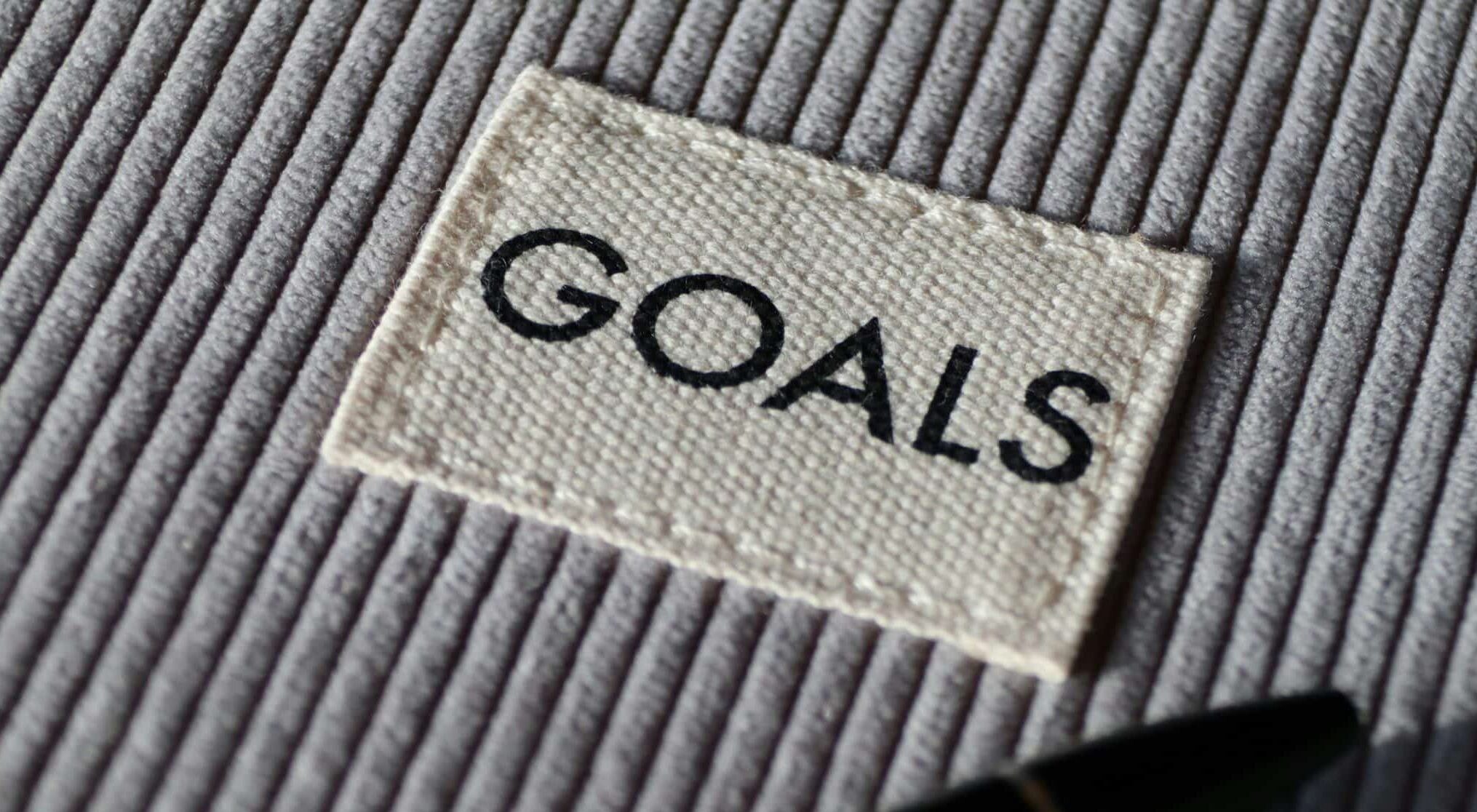
What to do with relapse
On this blog we will discuss everyone's least favourite word – relapse. This means different things to different people – for some, it is a return to drinking after being abstinent, whereas for others it is a return to their old behaviour after a period of drinking moderately. Whatever it is, we can agree that relapse is a big setback and can feel overwhelming – but the good news is that there are a few ways of dealing with it. Here are some tips on how to deal with a relapse:
1. Take Stock
The first step would be to take stock of where you are right now and what has been going on. It's great that you’re taking the time to acknowledge a relapse – many people find this difficult to do – and understanding what has contributed to it is going to be really useful. You might have to play detective, but see if you can think back to previous situations like this, and the key things that contributed to it.
2. Find Support
This is invaluable – talk to someone you trust, whether it is a friend or professional, to discuss where you’re at right now. Accessing support can make a world of difference to your alcohol use, since once you do that you are no longer alone in this and can actually explore what is going on. The support of a trusted person can be useful in planning how you’re going to deal with this, helping you manage the emotional fallout of a relapse, talk through what it means for the future, and help you to put things into context.
3. Learning experience
Really the only good thing about a relapse is the opportunity it provides for learning. We can look at this situation as a ‘what not to do’, and consider things like what might have helped, or how we might manage something next time it comes up. Taking a growth mindset can help lessen some of the disappointment and grief that can come with relapse, and help us to see that we are playing the long game and are determined to figure this out.
4. Reset & Re-focus
After the dust has settled, you now have a new challenge – setting yourself new goals and making a new safety plan, based on what you’ve just learned about yourself. Taking what worked in the past (e.g. regular exercise, online social support) and combining it with new strategies (e.g. monthly counselling sessions, journaling) means that, as time goes on, you’re refining and developing strategies that work best for you. As painful as they can be, relapses and returns to old behaviour can teach us a lot about ourselves and our needs, and the more information we can get from them, the better!
We hope you’ve found these tips useful. If you’re thinking it is time to make some changes to your relationship with alcohol, I’d recommend you visit the Daybreak app. You can get the help and support you need from a community of people with similar goals to you, as well as help with getting more support if you need it. Changing your relationship with alcohol doesn’t have to be drastic or involve huge changes to your lifestyle – it is more about figuring out what is going to work for you.






Great advice here! I had a recent relapse that whilst only lasted 24 hours, it was just as mortifying if not more to emerge from as it is after a two week spree. But as is stated, it is really an event that we can learn so much from if we are only brave enough to look. Thanks for pointing out the positives of what can really be soul destroying event if we allow it 😊😊😊
Thank you for this information. So helpful.
Thankyou great blog and something I can certainly relate to recently 🙏
Just what I needed to read today after having a blackout from drinking on an empty stomach.
Thank you 🙏
Thank you for this blog, it is so very true . I have just been in a relapse until one of my dearest friends came to visit for a weekend. She has been absolutely instrumental in my return to sobriety again. Her honesty, without any judgement & lots of love supports me every day.🙏🤗
Thanks for the advice. I would like to see this issue discussed more with a focus on recovery.
After a recent relapse of a months I knew I had to have Valium for a week and it works just several days is a circuit breaker to get over gears and jitters not to mention stupid guilt
Thank you that’s perfect timing as I had a relapse last night. Feel like rubbish today but this blog has helped me treat it as a recognition of what else I can do to help myself.
I’m a relapse specialist,but I keep trying to quit the alcohol
Hello,
For me the with my last relapse it was a mixture of things. Shame being the major, even during the event! I no longer got a happy buzz from drinking and at the end of my second bottle of Pinot Noir I realised in my drunken state, that the buzz was no longer a part of my drinking and it left me even more empty. This last drink left me on the floor in a blithering heap of a mess with guilt, shame and feeling no longer able to do this. I am now almost 6 months sober and in AA and as you say, I learned a huge lesson from my last relapse and have an awesome support network, which has saved me.
Thank you for the tips
When I hear the word relapse I cringe.
For many years I have personally dealt with substance and alcohol abuse.
One of the greatest things I learnt all those years ago is first and foremost, DO NOT call it a relapse! Accept your lapse for what it is, and that is, a lapse is a lapse!
When a person or a counselor refers to a lapse as a relapse it places a much higher and negative affect on a person.
From my own personal experience this can be detrimental to an individuals recovery.
So as an organisation please stop referring to lapses as relapses.
I think it’s also important to not beat yourself up over a relapse. Being too hard on yourself can lead to feelings of despair which in turn can make you more likely to continue drinking.
So true Michael.
Thank you! Perfect timing.
I think these are great tips. Relapse is a huge source of shame for most and these tips are focused on picking up the pieces and moving forward even stronger. I love that.
Thanks for the tips. Very straight-forward and practical. Having just gone through a destructive bender after months of moderation, this blog has appeared at a good time for me.